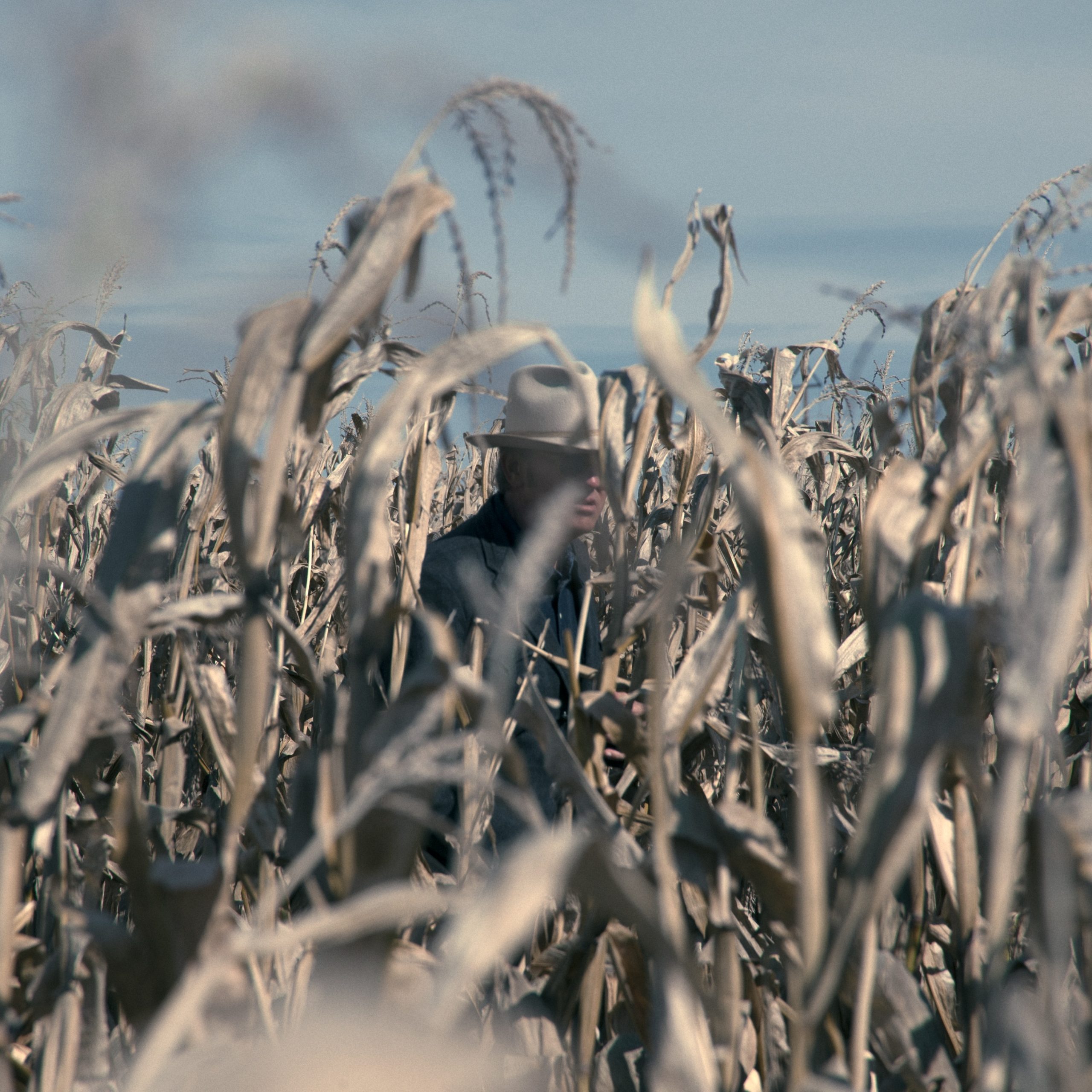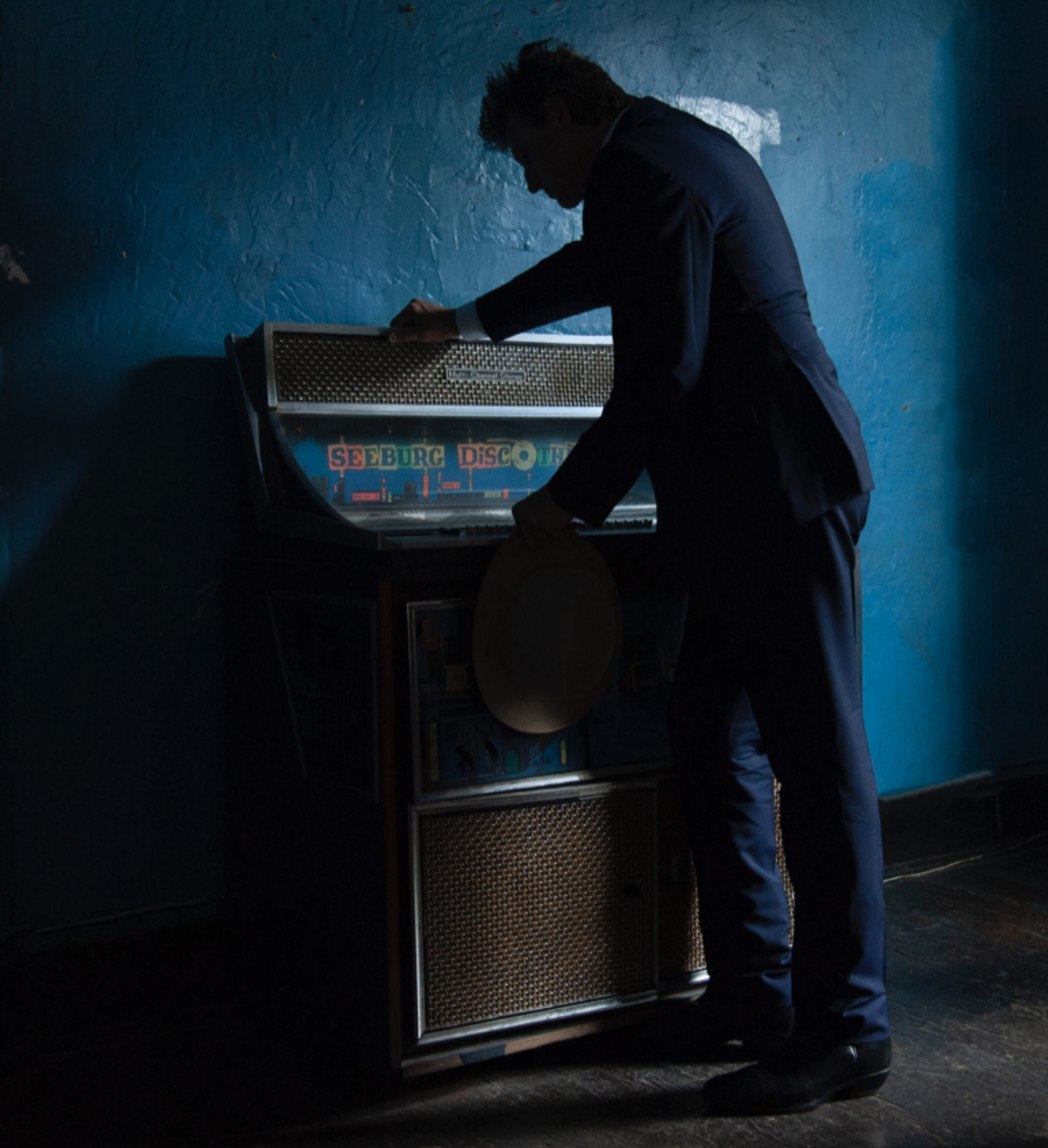
By Ken Tucker
In “Reno County Girl,” Chuck Mead serenades us with a tale about a young woman with whom his narrator fell in love. It’s a loping country song, Mead’s version of cowboy music, but as its pretty melody unfurls, you realize that its scenario is bleak: Mead’s character urged her to leave home despite the objections of her father, and it turns out Daddy was right — this guy leaves her all by her lonesome much of the time. “She knows I’m the kind that likes to ramble around,” he sings, noting that she “suffers through it all with country dignity.” Mead hooks the listener, eager to show us the bleak side of what seemed like a bright scenario. That’s the way he operates during much of Free State Serenade.
“Evil Wind” sounds initially like a rockabilly boasting song until its details begin to gather around the music. You realize Chuck Mead is singing in the voice of Dick Hickock, one of the two men who killed the Clutter family in Holcomb, Kan., in 1959. That awful crime was made famous by Truman Capote’s book In Cold Blood. What Chuck Mead brings to the tale is an unnervingly spirited, almost gleeful recitation of the crime. Indeed, much of the Kansas that Mead spotlights over the course of this album is the state as a site for wild, illicit or illegal behavior, tinged with humorous eccentricity. There’s a song about a UFO sighting, as well as a tidy piece of Western swing called “Neosho Valley Sue.”
The song that summarizes this album best may well be its final one, “Sittin’ on Top of the Bottom.” Its barfly narrator howls about his comedown in life — a fall from grace for reasons that are left unspecified, but which have the ring of clanging inevitability. Chuck Mead knows how to give despair a good, wrenching twist.
The range of Chuck Mead’s country, blues and rock sounds here is impressively adroit. If he sometimes undermines his tragic themes with smart-aleck phrasing and the occasionally obvious rhyme, well, you could hear that as part of his strategy, as well. He wants to lull you into thinking you’re experiencing the kind of songs you’ve heard before, only to leave you as surprised as his narrators about how their sorry lives turn out.
Copyright 2014 NPR. To see more, visit http://www.npr.org/
Source: NPR
